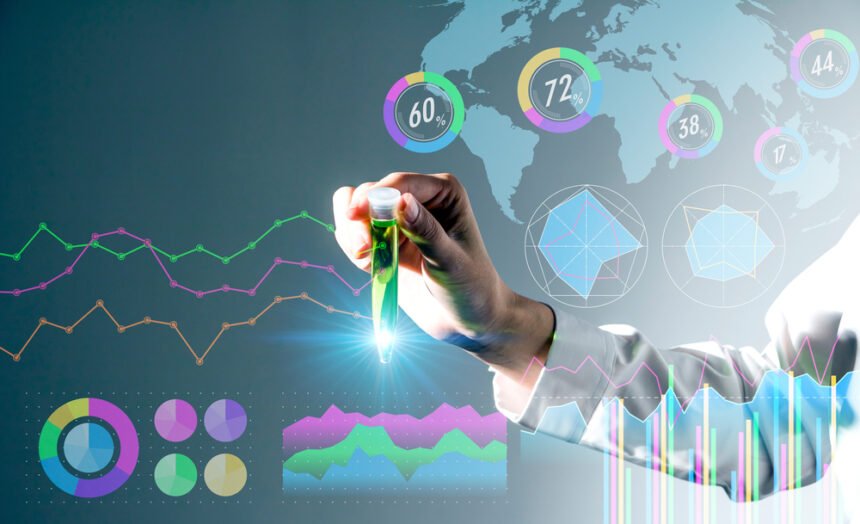Big data, irrespective of the industry, delivers significant changes in the world. Especially for clinical research, the huge pool of information presents significant possibilities, starting from improved patient care to engagement. Also, big data started to play a pivotal role in improving the quality and the efficiency of clinical trials. Also, better quality results can be obtained from the trails if big data is used effectively.
Big data is collected from a wide range of different sources. And, there is definitely a whole lot of information to process. As per one of the reports, it is believed that by applying big-data strategies intelligent decisions can be taken which may help to generate around $100 billion yearly access the States health-care system.
Big data offers a plenty of benefits, like the enhancement of research, optimization of the healthcare methods, creation of better products for healthcare professionals, enrichment of the clinical trials etc. Most importantly, the clinical trial experts would not require any third-party to access the huge pool of information. Big data is already offering tons of opportunities for clinical trials. As a result, we can see improvement of the whole healthcare system.
The eminence of clinical trials
Clinical trials are becoming more important, but at the same time, pretty costlier day by day. Trails are extremely significant for the pharma industry, therefore, the healthcare industry has to be ready to make the most of the new technology to improve the quality of the clinical trials. Therefore, now, we see and we will see more use of the new technologies like big data, real time analytics and AI. Although, the trajectory of the money involved to bring new medicines to the public is not quite predictable. Therefore, the healthcare industry has to innovate and find better ways to reduce the costs involved.
Clinical trials are a bit time consuming as well. And, it is considered as one of most costly stage of drug development. Therefore, the companies have to expedite and streamline their drug development processes. Also, the healthcare experts have to be ready to welcome new technologies to improve clinical trials.
Real-time analytics and clinical trials
Real time analysis of the data includes the use of latest technology. Real time analysis includes the study of the real time data to churn insights. Also, these insights are used to make smarter decisions aimed to improve the outcomes of the trials. There are some of the latest visual and interactive tools that are used for real time analysis for clinical trials. With the help of the tools, the healthcare experts are able to detect the early signs and ongoing monitoring of the data. The tools are developed to analysis the data continuously and not when the trial is finished.
Therefore, with the help of the real time analysis of the data, the healthcare experts are able to study the drug exposure level, the safety of the medicine, the tolerability and a plenty of other things. Real time analysis helps the healthcare professionals to make science led decisions. Also, they can make data powered strategies. At the same time, analysis of the data and the use of the insights helps the team to enhance the speed of the clinical data and boost the enrichment of the clinical development process. Also, the insights help the healthcare experts to carefully understand the probable risks.
Real time analysis transforms the clinical trials’ process
Real-time insights play a pivotal role in enhancing the outcome of the trials. Insights act as the compliance aid, therefore, we are able to easily determine the problems. Problems related to the drug accountability, protocol compliance, consent etc. could be solved by the analysis of the data on a real time basis. Additionally, there is no doubt about the fact that data analysis helps to even lessen the cost involved in executing and completing the clinical trials. Also, the insights pave a way for better outcomes that are more accurate. Thus, the healthcare experts are able to get much more accurate status reports.
Real time data analysis also helps to reduce the chances of errors. As, any find of error can be hazardous for the healthcare world, therefore, proper use of the data is important to eradicate any possibility of the errors.
With the help of the data, the Healthcare IT Services Team is easily able to identify the signals which may need immediate attention. Thus, many problems could be solved. Overall, real-time analysis of the data offers tons of benefits to the healthcare industry.







